|
LISTEN TO THIS THE AFRICANA VOICE ARTICLE NOW
Getting your Trinity Audio player ready...
|
Interior Cabinet Secretary (CS) Kithure Kindiki Thursday partially defended police officers against accusations of excessive force during the deadly protests on June 25, which saw demonstrators breach Parliament buildings in Nairobi. His remarks came as he appeared before the National Assembly’s National Security Committee, where he responded to questions about the fatal shootings of protesters on that chaotic day.
Kindiki, a seasoned lawyer, suggested that police officers were being unfairly blamed for the deaths, arguing that without clear evidence linking the fatal shots to law enforcement, it would be premature to accuse them of wrongdoing. He contended that the mere fact that protesters were shot did not conclusively prove that police officers were responsible.
“The fact that somebody has been shot is not conclusive evidence that they were shot by a police officer. There is a presumption, but that’s not enough to point fingers at the police,” Kindiki stated during his address to the committee.
The protests, which erupted in response to rising public discontent, were largely peaceful until clashes broke out between demonstrators and law enforcement. Demonstrators stormed the Parliament grounds, leading to confrontations that quickly escalated. In defending the actions of the police, Kindiki argued that force was necessary to protect key national institutions such as Parliament, emphasizing the need to maintain law and order in the face of such an unprecedented breach.
“If we had not applied force on that day, we would be facing a different Kenya. Overthrowing constitutional institutions like Parliament, the Judiciary, or the Executive would have meant the collapse of the country. We wouldn’t even be having this discussion,” Kindiki added.
His comments came amid growing criticism from human rights groups, including Amnesty International, which accused the police of using excessive force against unarmed civilians. According to Amnesty, 61 people were killed in the anti-government protests that spanned from June to August, a number far higher than the 42 deaths acknowledged by Kindiki.
The Interior CS disputed the higher figures, insisting that only 30 deaths could be conclusively linked to the protests, while admitting that details on the remaining 12 fatalities were unclear. He requested 24 hours to gather more information on those cases, underscoring the complexity of establishing the facts in the aftermath of the unrest.
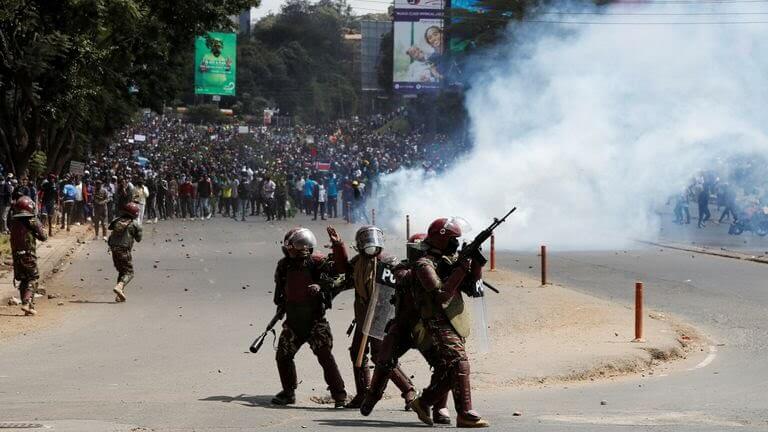



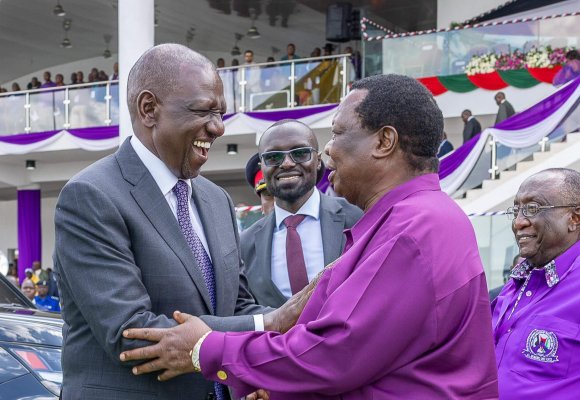
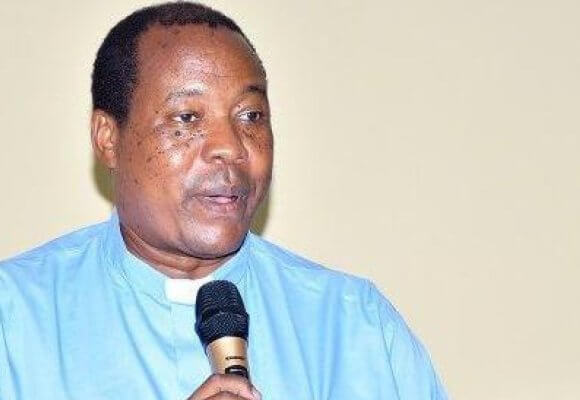
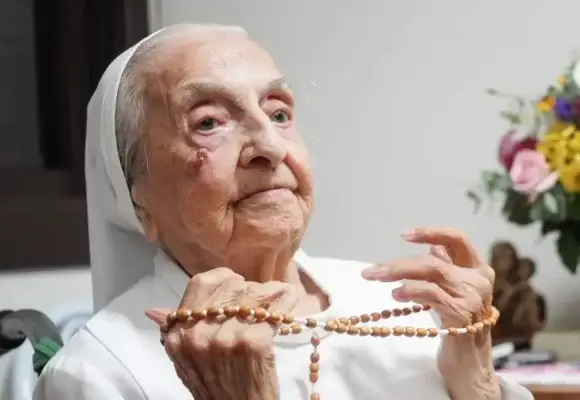
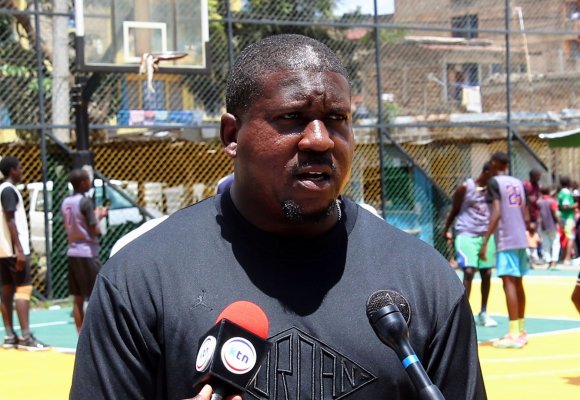



LEAVE A COMMENT
You must be logged in to post a comment.